Today I want to discuss the concept of position sizing and when to adjust it. Trading is not only a game of people; it is also a game of probabilities and statistics. I understand that I will probably only be right 50% of the time on most of my trades over the long term.
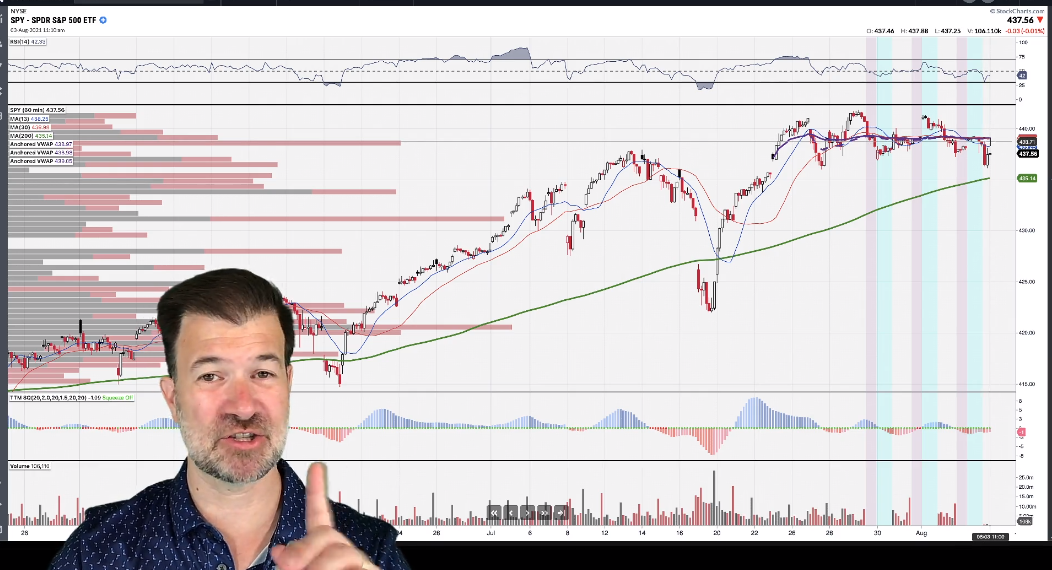
There will be hot streaks when I am in sync with the market, seeing the money flow and psychology of the market. There will also inevitably be periods of drawdown or losing streaks.
The market is constantly changing and evolving, and when I am not in sync with the market, I want to be trading with less size.
When to Reduce Position Size
Legendary trader Paul Tudor Jones famously said “When I am trading poorly, I keep reducing my position size. That way, I will be trading my smallest position when my trading is worst.” That sums this idea up perfectly.
After a few losing trades, novice traders may feel the urge to revenge trade, increasing their position size and going on ’tilt’ to try to get their losses back. When you’re on a losing streak, it means you’re trading poorly, in that case you shouldn’t want to risk more of your capital. Why? Because at this point, the odds of losing are larger, so you should be risking less, not more.
Experienced traders understand their edge, i.e. when the odds are in their favor. The best traders do not allow emotion to influence their trading decisions. They base their decisions on probabilities and statistics.
How to Reduce Position Size
There are a variety of ways to not only reduce your position size but also increase the odds of a winning trade. For example, last week was a pretty choppy market, and I was not unscathed. I’ve noticed that I’ve been getting stopped out on a few of my trades, and then the market rips in my original direction. My ideas and setups have been there, but I now need to calibrate my risk parameters to adjust to the current market paradigm.
In order to do this, I need to give myself larger stops. For example, if I was risking 5 points on 1000 shares, I now want to risk 10 points on 500 shares. In this case, the risk is actually the same, but by giving myself a larger stop, I am increasing my odds of finding good setups by sacrificing some opportunity and trading with smaller size.
The same process can be applied to options. My bread and butter trades are selling put spreads. Recently I have been writing them $5 out of the money. Given my need to adjust to changing market conditions, this week I am planning to write them $10 out of the money. This will reduce the premium I receive on a trade but will increase my chances of success.
In addition, I will write the options further out in time. That is, instead of writing options two weeks out, I will sell the put spread four weeks out.
This means that there will be slower time decay, and I will most likely have to hold my trade longer to close out for the same premium as a nearer-dated option. But this longer time period increases the probability that my trade idea will work given the extra time. Again, I am sacrificing some opportunity to increase the likelihood that my trade will work.
Trading is all about Risk-Reward trade-off. There are no free lunches.
Bottom Line
Trading is about probabilities. In every trade, there is a Risk-Reward trade-off. When I am trading poorly and getting stopped out more often, I want to reduce my position size. I want to be trading my smallest position size when my trading is at my worst. In addition, I want to give myself larger stops to increase the probability that my trades will work. Naturally, in order to do this, I will have to sacrifice some opportunities. By doing this, I keep myself in the game and give myself time to get back in sync with the market. In trading, you either adapt or die.
Comments are closed.


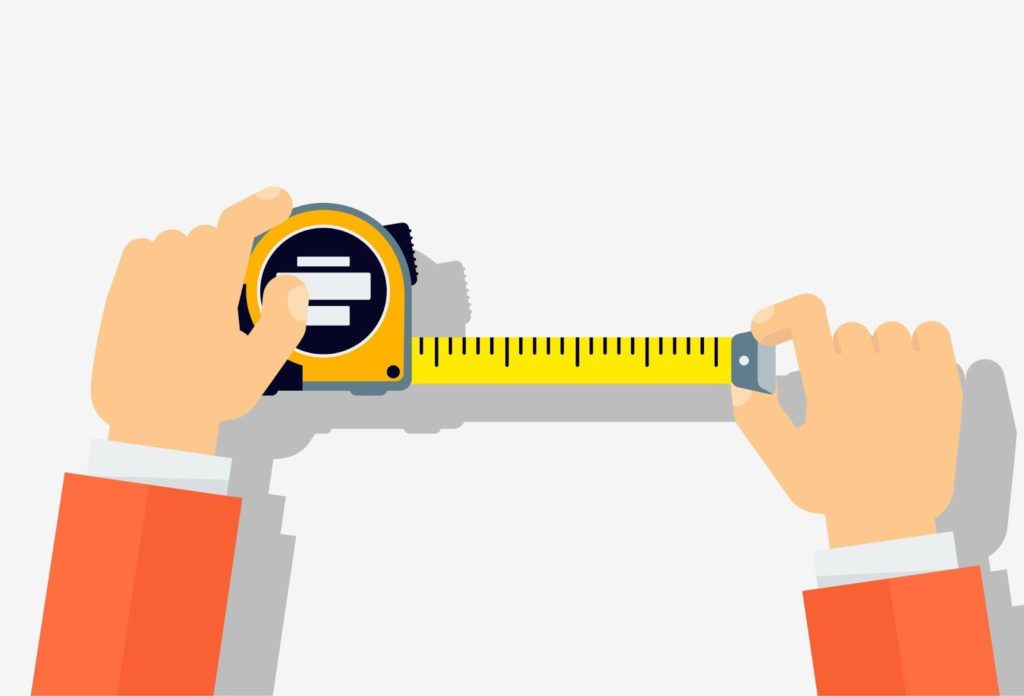
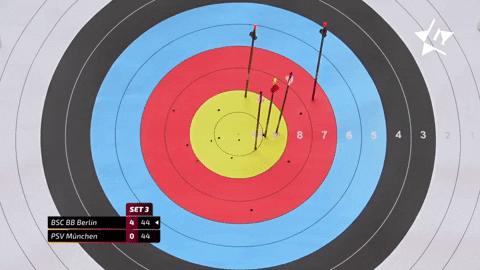
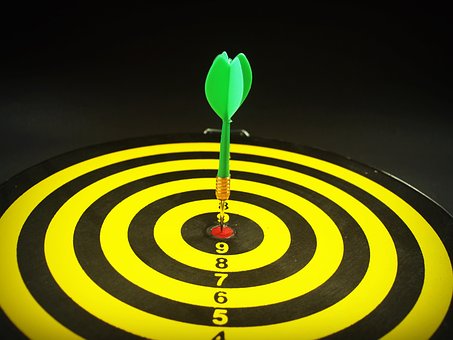
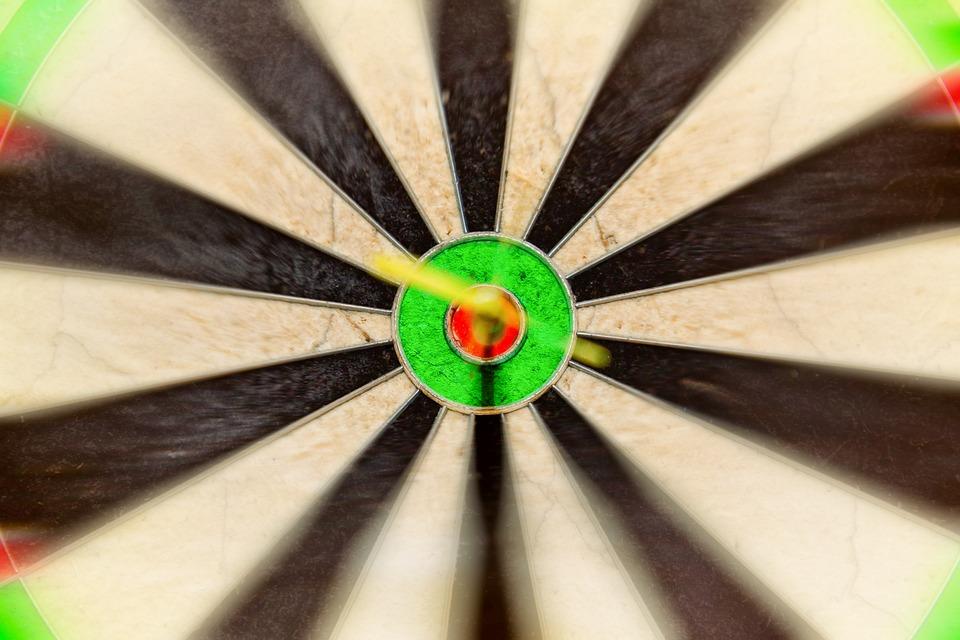
2 Comments
spot on with COMMONsense.
Very helpful. Thanks